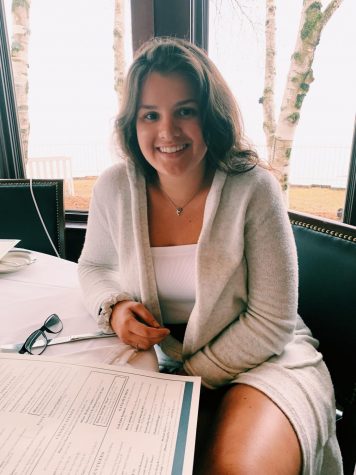Illinois Schools Make Progress Toward Including LGBTQ+ History In Curriculum
September 6, 2019
Recently, there has been a movement in Illinois public schools to teach LGBTQ+ history lessons.
According to the Chicago Tribune, “Illinois public schools will be required to teach students about the contributions made by members of the LGBTQ community under a law Gov. J.B. Pritzker signed (in August.)” The bill passed 60-42 in the House and 37-17 in the Senate. This law — the Inclusive Curriculum law — will be enforced before Illinois schools start on July 1, 2020.
This new law calls requires students to be educated about this topic before they graduate 8th grade and understand the concepts and ideas of inclusiveness.
While this is a new law, Illinois public schools have often taught about minorities, different ethnic groups, and cultures.
Although developments like these are occurring on a statewide level, they have close ties to Lake Forest and Lake Bluff. According to Newsweek, “Heather Steans (D-Lake Forest) was supported by more than 40 statewide and local health, education and civil rights organizations,” clearly giving our district and community a say in favor of passing this law.
Some critics argued the idea of teaching this curriculum at such a young age can change children’s ideas of identity and allow them to think it is okay to change gender or sexuality.
However educators at LFHS said they feel it is important for students (and staff) to feel they have a safe space and environment where other students can learn to accept them.
“It is important that students see themselves reflected in what they are learning. LGBTQ+ students often feel a void when they aren’t exposed to the stories of LGBTQ+ people who have profoundly shaped our nation’s history. These stories should be celebrated instead of erased,” English teacher John Wanninger said.
In addition, Spanish teacher Marni Levinson agrees that, “As an educator at LFHS, I support any effort made for students to be able to learn about their histories, especially for those who have been marginalized. Spending time reading, thinking, and talking about our individual and shared experiences can only help us connect and understand each other more deeply.”







